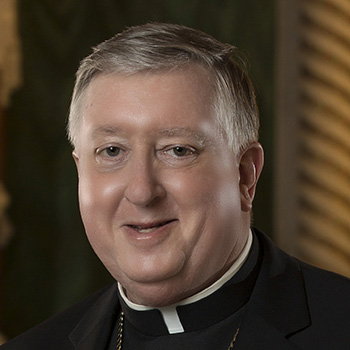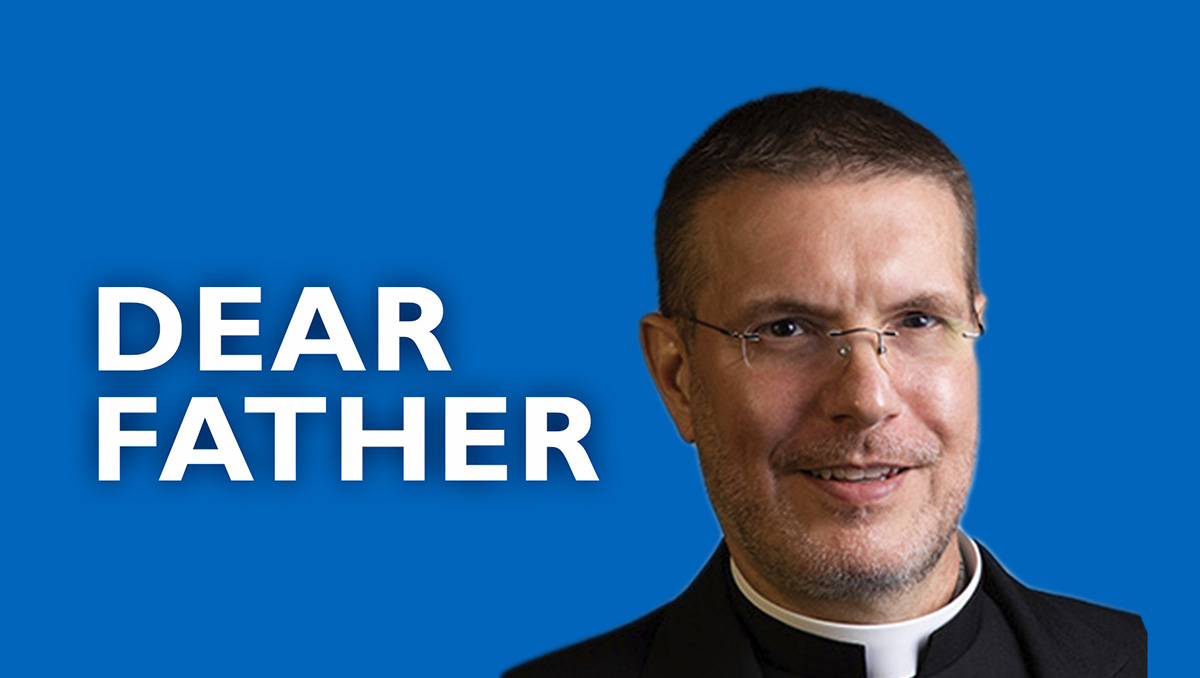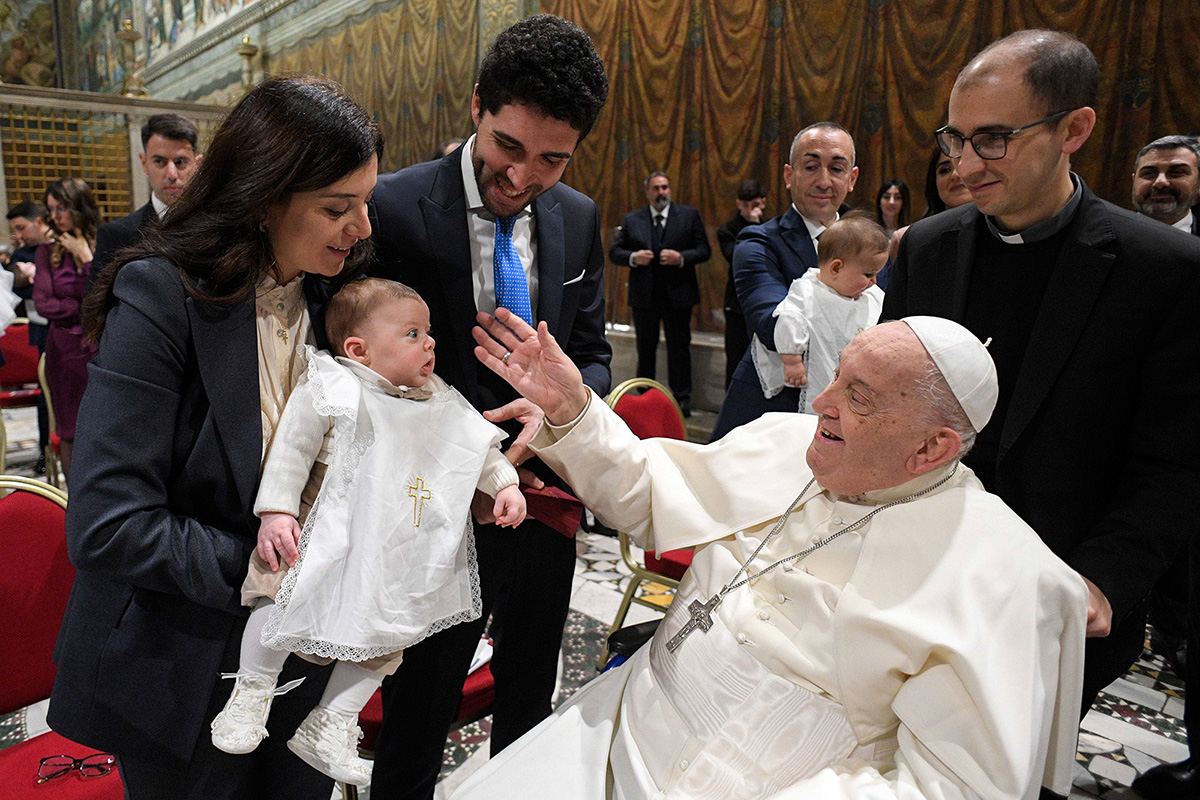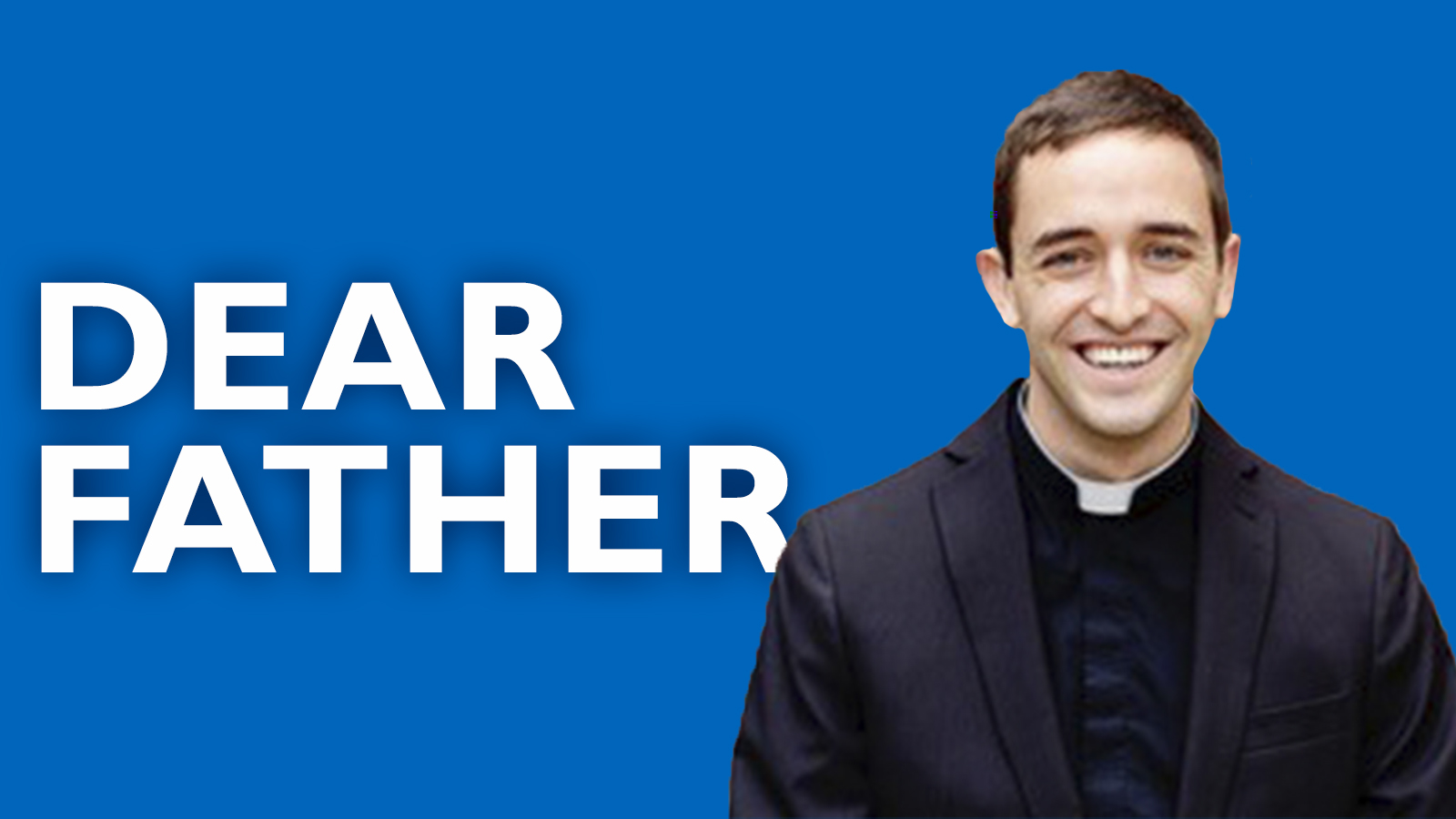SERVE THE LORD WITH GLADNESS | We can let Gospel considerations shape our political conversations
The blueprint of reversals, featured in the readings this week, has to be a feature in the life of disciples

Dear brothers and sisters in Christ,
We celebrate the feast of the Triumph of the Cross this week on Sept. 14. The very title of the day emphasizes the greatest reversal in salvation history!
We’re also reading from the Gospel of Luke, and we just happen to read the “Sermon on the Plain” this week from Luke 6. In the Sermon on the Plain, St. Luke gives us Jesus’ blueprint of reversal for the world. Blessed are the poor, the hungry, the weeping and those persecuted for the Gospel; they will be exalted, each in a way that corresponds perfectly to their lowliness. Woe to the rich, those filled, the laughing and those whom the world commends; they will be brought low, each in a way perfectly suited to their worldly exaltation.
It’s important to recognize this reversal as a feature of Jesus’ teaching and life. It’s important to realize that this reversal has to be a feature of the life of every disciple. And it’s helpful to know that one of the great characteristics of the Gospel of Luke is how it spells out the blueprint of reversal over and over.
I want to suggest that it might be helpful to bring this blueprint of reversal to our political considerations this fall. We might ask every candidate: “How will you care for the vulnerable?” When candidates vocally support abortion, we can ask: “How does that care for the vulnerable?” When candidates vocally oppose immigration, we can ask: “How does that care for the vulnerable?” Of course these are just two issues among many. Still, they’re prominent issues. And they provide good examples of how we can let Gospel considerations shape our political conversations on all issues and candidates.
There are two other themes in the Gospel of Luke we encounter this week that are important in themselves and that can help shape our approach to political conversations this fall.
The first is prayer. At every pivotal moment in the Gospel of Luke, Jesus steps away for a time of prayer before He acts. This week we hear how He spent the night in prayer before choosing His apostles. What does that have to do with political conversations? We’ll be voting on a constitutional amendment on abortion this November — a direct attack on vulnerable mothers and children. Learning from the Gospel of Luke, let’s turn to prayer and trust in the power of prayer as we face this pivotal moment in our state.
The second is this simple but profound comment of Luke regarding Jesus: “Everyone in the crowd sought to touch Him because power came forth from Him and healed them all.” As St. Leo the Great said, “what was visible in our Savior has passed over into His mysteries.” St. Leo’s point applies first and foremost to the sacraments: In them, power continues to come forth from the body of Christ. But it also applies to what happens when the Church works together: Power continues to come forth from the Mystical Body of Christ, not only for the healing of individuals, but also for the healing of cultures.
Let’s bank on that as we pray, work and vote for political leaders and a society that more accurately mirrors the great blueprint of reversal that we see in Jesus and the Gospel of Luke.




